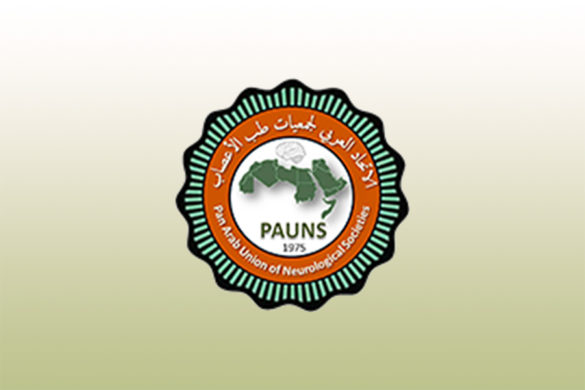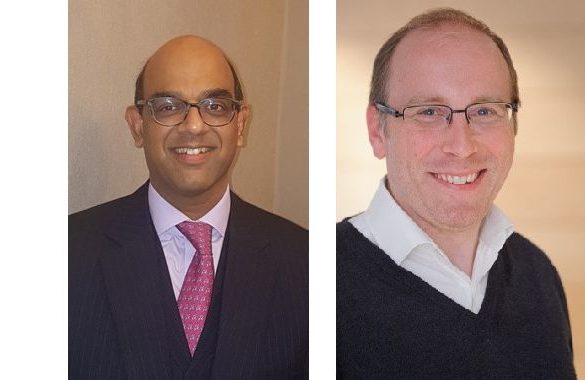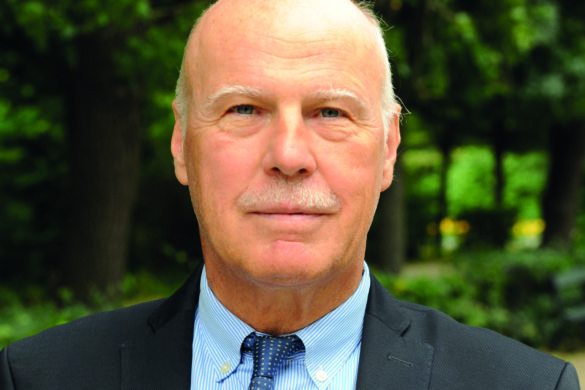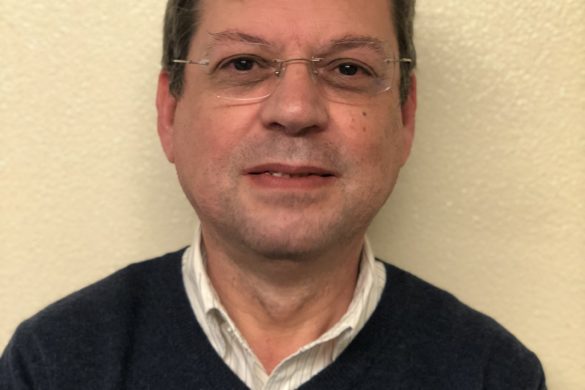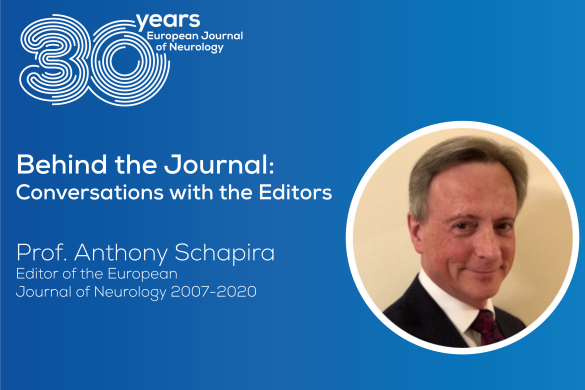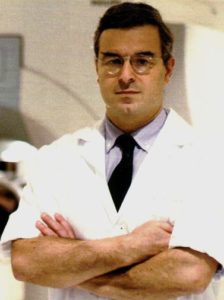 Elena Moro (EM): As incoming co-chair of the Scientific Panel “Neuroimmunology” can you briefly introduce yourself and your specific field of expertise to the EANpages readers?
Elena Moro (EM): As incoming co-chair of the Scientific Panel “Neuroimmunology” can you briefly introduce yourself and your specific field of expertise to the EANpages readers?
Luca Massacesi (LM): I am a neurologist with special interest in Clinical Immunology. I have been appointed Professor of Neurology at the Department of Neurosciences, University of Florence, Italy, in 2005. Since 2008 I am the Director of the Division Neurology 2 at the Careggi University Hospital, and since 1998 of the Multiple Sclerosis Regional Reference Center of the same Hospital. Since 2009 I am Member of the Scientific Advisory Group (SAG) – Neurology of the European Medicine Agency (EMA) and of the Scientific Advisory Committee on Neurology of the Italian Medicine Agency (AIFA).
My main research interests have always been focused on the immuno-pathogenic mechanisms of inflammatory diseases of the nervous system, with a special emphasis on multiple sclerosis (MS). At the beginning of my career, my interests were focused mainly on preclinical research, contributing to development and characterization of experimental autoimmune encephalomyelitis, particularly in primates. In the last years, I have devoted my interest in biomarkers of disease and in developing or participating in interventional and non-interventional clinical trials. In this field, my main current interests are the use of MRI as a tool for in vivo analyzing CNS pathology, and the development of independent clinical trials in autoimmune diseases of the nervous system. In the past years the specific achievements of my team have been the contribution to characterization in MS of efficacy and of action mechanism of hematopoietic stem cell transplantation (HSCT) as well as of a generic drug as azathioprine.
In addition to that, I have the privilege to teach in graduate and post-graduate courses of a well-known and reputed Medical School as that of the Florence University, including Courses in Medicine and Surgery, Dentistry, the Resident Program in Neurology, and the PhD program in Neurosciences.
As for the clinical activity, my Hospital Division focuses on diagnosis and treatment of the inflammatory diseases of the central and peripheral nervous system. As for MS, this activity includes conduction of a Reference Center for Multiple Sclerosis of the Tuscany Region.
Finally, I am particularly proud of being a scientific consultant of AIFA and EMA, now for six years.
EM: Can you outline the strategic work plan you foresee for the Scientific Panel that you co-chair?
LM: At this stage, in which the newly formed EAN Scientific Panels (SP) are warming up, I think that we need to clarify our mission and main objectives. This first step is important because the SPs have been assembled and organized using different strategies, being some focused on specific diseases or syndromes, and other on scientific/clinical methods, a fact that implies some degree of cultural overlap among SPs. In this peculiar contest, I believe that a preliminary brainstorming on the possible main fields of interest of neuro-immunology would help to better identify the strategic work plan of the related SP.
By definition, neuro-immunology is interested in the immune-pathogenic mechanisms of any inflammatory diseases of the nervous system. As for the Neuroimmunology SP, to my opinion this means that we should pay particular interest on preclinical and translational research. Moreover, since our panel includes neurologists with different background, we have the unique opportunity to cover some rare diseases like paraneoplastic disorders, and other new disease entities such as rare autoimmune diseases of the nervous system (and particularly those involving the CNS), that are not covered by other SPs. The competence of the SP members in these diseases indeed covers the whole translational spectrum, from the clinical level of diagnostics and treatment to the pathophysiological basic mechanisms of the diseases. In addition, as the most recent data on these diseases is shedding light on previously undefined neurologic and psychiatric syndromes, I believe our SP will also be able to develop innovative interdisciplinary “contaminations” of the classical neurological approach.
EM: What is the main “deliverable” that you want to achieve for the work the Scientific Panel will address during your term of office?
LM: To foster collaborative research at European level and a rapid translation of the results to clinical activity and teaching; to open and divulgate the main results and achievements to our stakeholders. In order to pursue these results, different methods can be planned including:
– Teaching courses
– Focused scientific meetings
– International scientific collaboration
– Collaborative applications to European funds.
– Fellow exchanges
– Guideline development
Collaboration with private entities and agencies interested in translational research
– Attention in the communication of scientific and clinical results to the media.




